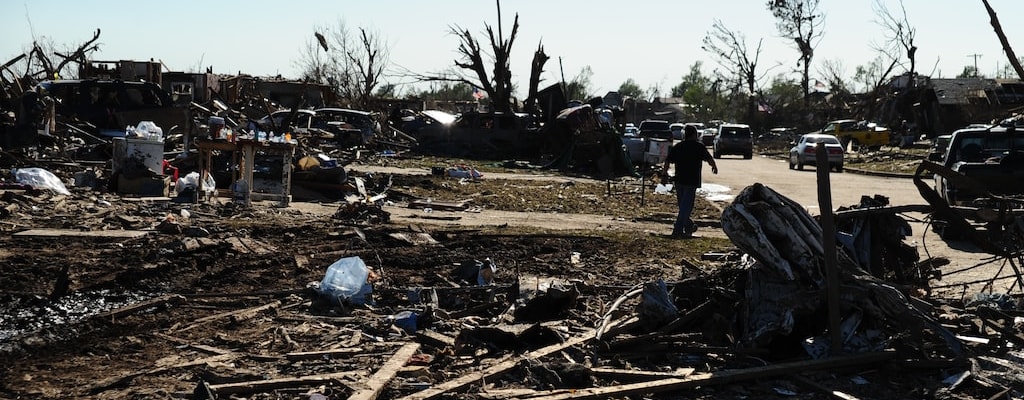go up in flames: Idiom Meaning and Origin
What does ‘go up in flames’ mean?
The idiom "go up in flames" means to fail or be destroyed in a dramatic or disastrous way.

Idiom Explorer
The idiom "on fire" means to be performing exceptionally well or having great success in a particular activity. It is often used to describe someone who is highly skilled, talented, or in a state of intense enthusiasm or energy.
The idiom "kindle-fire" means to ignite or arouse strong emotions or passions within someone or a situation.
The idiom "hit the roof" means to become very angry or furious about something.
In the realm of idiomatic expressions, the phrase “hit the roof” is a colloquial way to describe a sudden outburst or extreme anger. Its exact origins and historical usage are uncertain, but it has become a popular phrase in contemporary English.
The idiom "hit the fan" is used to describe a situation where something goes terribly wrong or chaotic, often as a result of a secret or scandal being revealed. It implies a sudden and explosive response to the situation.
The idiom "go to the wall" means to face defeat or failure, often in a financial or competitive context.
The idiom "go down the tubes" means to fail or be ruined.
The idiom "go down the toilet" means to fail completely or be wasted, often used to describe a situation, plan, or investment that has gone wrong or lost its value.
The idiom "go down the pan" means to fail or deteriorate significantly.
When Expressions Blaze
The idiom "go up in flames" is known to have originated in the early 1900s in the United States. It is a metaphorical expression derived from the literal act of something catching fire and being consumed by flames. The idiom describes a situation or a plan that fails dramatically or ends disastrously. When something "goes up in flames," it implies a rapid and complete destruction, often accompanied by chaos or loss.
The idiom "go up in smoke" is closely related to "go up in flames." While "go up in flames" emphasizes the destructive and catastrophic nature of the failure, "go up in smoke" focuses on the disappearance and loss of something. When a situation or a plan "goes up in smoke," it means that it fails to materialize or achieve the expected outcome. The idiom highlights the sense of disappointment and frustration that comes with the failure, as well as the sense of something vanishing into thin air.
Another related idiom is "go down in flames." This expression shares similarities with "go up in flames" in terms of the disastrous and catastrophic outcome of a situation or a plan. However, "go down in flames" specifically emphasizes the public and spectacular nature of the failure. When something "goes down in flames," it means that it fails in a particularly dramatic and embarrassing way, often attracting a lot of attention and scrutiny. The idiom conveys the sense of a highly visible and humiliating downfall that leaves a lasting mark.
The use of the term "flames" in the idiom "go up in flames" adds a vivid and dramatic element. Fire has long been associated with destruction and disorder, and the image of flames rising or engulfing something captures the attention and evokes a strong emotional response. The idiom's impact lies in its ability to vividly convey the sense of an individual, organization, or plan being consumed and destroyed by an unstoppable force.
The idiom "go up in flames" is commonly used in a wide range of contexts, including personal relationships, business ventures, and political endeavors. It can describe the sudden unraveling of a romantic relationship, the collapse of a company or project, or the failure of a political campaign. The versatility of the idiom is due to the universal nature of the metaphor it employs – fire – which resonates with people across cultures and languages.
The popularity and longevity of the idiom "go up in flames" can be attributed to its capacity to capture the imagination and communicate a powerful message. It has become deeply ingrained in the English language, with usage appearing in various forms of media, literature, and everyday conversations. The phrase "go up in flames" has gained recognition and understanding among English speakers, allowing it to convey a potent meaning and evoke a vivid mental image.
The fascination with fire and the symbolism attached to it provide a rich tapestry of associations for the idiom "go up in flames." Fire is often associated with destruction and chaos, but it can also represent purification and rejuvenation. The idiom's conclusion is definite and final, showcasing the potential consequences of failure. However, it also leaves open the possibility of rising from the ashes, rebuilding, or starting anew. The lingering possibilities inherent in this idiom remind us of the fragile nature of success and the potential for unexpected paths.
Example usage
Examples of how the idiom *go up in flames* can be used in a sentence:
- After investing all his money in the stock market, John's dreams of early retirement went up in flames when the market crashed.
- The party preparations were going well until the cake caught fire in the oven – the whole evening went up in flames.
- Despite months of planning, the marketing campaign for the new product went up in flames when negative reviews started pouring in.
More "Disasters" idioms

